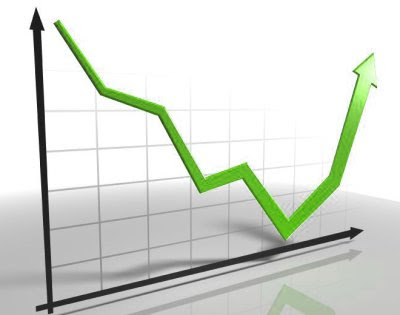The economic stakes of the presidential candidates is of crucial importance for the country's future. However, because of the complexity of factors involved is difficult understanding for those who are not specialists in the subject. Germain Laverde Forero *, finance expert, we illustrated with the analysis of the proposals of the economic advisers of candidates to vote knowingly in the field.
Presidential Election: Beyond the tax debate
The president must worry about being the helmsman of the economy, and that's what voters must choose.
In a recent debate between economic advisers to presidential candidates presented different economic proposals of those who aspire to lead the destiny of the country during the next four years.
Beyond the televised debates, in which is discussed ad nauseam the issue of tax structure, it is interesting to understand what the philosophy behind each of the economic program proposed by candidates. The dilemma posed between taxes, employment and growth, is to say the least reductionist, simplistic and from the practical point of view, irrelevant compared to topics critics such as agricultural policy, industrial, commercial, and export. The tax structure is only a tool. What is important from the standpoint of macro is what use will give the resources obtained. The president must worry about being the helmsman of the economy, and that's what the voters must choose.
The discussion of economic advisers turned to fall into the cliches of the tax structure and fiscal deficit, but gave true differences are relevant, including the candidates' economic programs.
Juan Carlos Echeverri, economic adviser to Juan Manuel Santos, and former dean of economics at the Universidad de los Andes is optimistic about the current economic situation. His proposal is to focus the candidate's economic policy adviser to that country to grow at an accelerated pace to solve problems such as Dutch Disease. The main pillars are agriculture, infrastructure, mining and innovation. The proposal, bombastic to say the least, is to create two and a half million jobs, which would reduce structural unemployment in the country in half. It also proposes to double the country's agricultural production for the agricultural sector repeat "Miracle" of the mining and hydrocarbons sector. It is a world quite desirable, but achieving such purposes would give a new meaning to the word miracle.
Solomon Kalmanovitz, economic adviser Antanas Mockus, former co-director of the Bank of the Republic's academic career and said that the government not only delivers but perforated pot scraped. Given such a structure, characterized as unsustainable, proposes to stop subsidizing the capital and begin to subsidize individuals to stop being so expensive to belong to the formal economy. This means that there must be a return to legality, in which evasion attack and tax avoidance, and complemented with greater fiscal austerity and tighter control of public resources to avoid the waste that has become endemic in the country. The proposal was not in the televised debates is the national infrastructure, they want to stop doing work in a "craft" and pools created by people of influence, to bring major international consortia.
Luis Ernesto Mejia, vice-presidential candidate Noemi Sanin, a former mines and energy minister, acknowledged some economic successes of the current government but provides that the economy country suffers from three interrelated problems: fiscal deficit (4.5%), unemployment (around 13%) and a revalued peso against the dollar. It was the first time I heard the candidates talk about revaluation of the peso and the real problem which is of: interest rates low and promote import machinery cheap dollars more to give employment. Given this understanding of the current economic incentives, offer an employment policy based infrastructure for competitiveness, one million two hundred thousand low-income housing with long-term loans, capital contributions to the venture and a very general "problem resolution land tenure. " The question that remains is how to finance a participatory been so great with current resources.
A philosophical debate started and did not manage to prosper for lack of time was how to solve the problem of inequality. That choice, which should be the core of economic debate, beyond the tax issue, generates real schism that lies at the heart of the decision of the voters on Sunday. On the one hand, a candidate said that fairness is generated from public spending, as if really the problem was resolved with a huge state that subsidizes poverty as atoning for guilt. At the other extreme is candidate who says that inequality is solved from the income of individuals, providing opportunities, facilitating the growth of private enterprise, and generating public works and infrastructure that are supportive to the economic interactions.
The real economic debate is whether we want to give us fish or teach us to fish.
* Germain Forero Laverde is professional in Finance and International Relations. Master of Science in finance from the University Pompeu Fabra. Research Professor Cipe - External University of Colombia.
germanf.forero @ uexternado.edu.co



